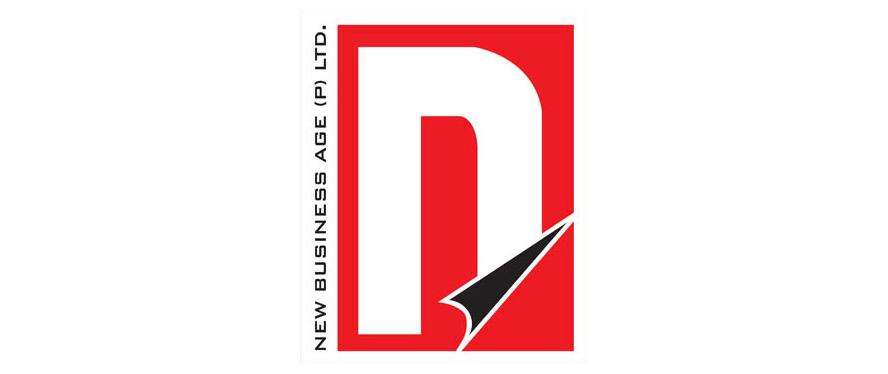 Martin Huckerby is a well known British Journalist with wide experience as a reporter and news editor on top UK newspapers. In these fifteen years, of career he has worked as an editorial consultant, advising news organizations and training journalists around the globe. He was editor of The Prague Post, the English-language paper of the Czech Republic (1992-96), foreign news editor of The Observer, London (1989-92) and reporter and news editor at The Times, London (1972-86). Currently, he is in Nepal to provide investigative journalism training. He shares his experiences as a trainer with Siromani Dhungana and Sanjeev Sharma of The Corporate. Excerpt:
Martin Huckerby is a well known British Journalist with wide experience as a reporter and news editor on top UK newspapers. In these fifteen years, of career he has worked as an editorial consultant, advising news organizations and training journalists around the globe. He was editor of The Prague Post, the English-language paper of the Czech Republic (1992-96), foreign news editor of The Observer, London (1989-92) and reporter and news editor at The Times, London (1972-86). Currently, he is in Nepal to provide investigative journalism training. He shares his experiences as a trainer with Siromani Dhungana and Sanjeev Sharma of The Corporate. Excerpt:
What to you exactly do at Thompson foundation?
I am simply a consultant, an outsider in Thompson Foundation. I am an independent media consultant/trainer and a journalist. I have been working closely with Thomson Foundation since last couple of years.
You are a renowned journalism trainer at present? What excites you about the training?
If people benefit from the training it is always a pleasure for me. It is actually a sense of putting the opportunities I’ve had or things I’ve learned to passed on to other people who want to use them. The other nice thing about being a journalism trainer is the opportunity to go to other countries and meet different people, which is very interesting part of my job.
What are the most important things you want to pass on to the participants of the trainings?
It varies from countries to countries. It is important to tell whatever you are doing in the particular environment and in a particular political situation. For instance, I had been in Nepal and South Africa as a trainer last year to train journalists. I found that the environment was totally different in South Africa compared to Nepal. Choice of topics, issues and approaches in trainings varies from place to place.
What are the basic skills you want to pass on to the journalists in general?
There are many skills that you can use as a journalist. I wouldn’t say that there are specific skills to pass on. I think we are in a business of opening people’s eyes and making them realize that there are different ways of approaching their jobs according to the norms on their organization or countries. We basically try to train journalists about the different ways of approaching issues and topics. I divide news into two broad categories- news that is important to people and news that they are interested in. I think while writing news, journalists should try to explore ways to make the issues more attractive and interesting. Every journalist should be aware of the need of readers or viewers. Talking about Nepali media sector, in 20 years there has been pretty amazing and tremendous progress. With relatively low level of trainings, Nepali journalists made their way pretty amazingly.
There is a rapid change in media technology these days. What changes have new technology brought to the media landscape?
I think the change and impact brought by technology is very vast. Use of technology has made a constant change in all types of media. Most are faced with the future which is incredibly unclear. I remember a conversation with one of the top digital news official in the BBC a few years ago. During the conversation, he told me that now we should try fast and kill fast. He was referring to their work style, and the fact that the news ideas are coming very quickly from various sources through different media. And if they don’t find those news to be useful they would be ‘killed’ or thrown away quickly.
In western countries, traditional media are still making profit. However, it is a fact that new media has made them less profitable. The financial crisis and the rise of digital media have slowed the pace of advertising into the traditional media. Thus, we can say that the media particularly in the west, is facing a situation of double whammy. The digital revolution has brought a massive change which the traditional media are adapting to gradually. The new media has also impacted the journalism teaching and training. There are a whole lot of materials to study in the web. One can get training from anywhere from any part of the world. However, I think the level of interaction between trainer and the trainee during the online training is somewhat limited.
How do you assess the current scenario of business journalism throughout the world?
I can’t make many intelligent comments about the particular topic as I am not an expert in business journalism. However, I do compare business and financial publications of different countries. I would say that business journalism varies considerably in different countries and different aspects should be considered while writing business news. I mean to say that the impact of different business, financial and economic events in everyday life of people should be highlighted in the first hand.







